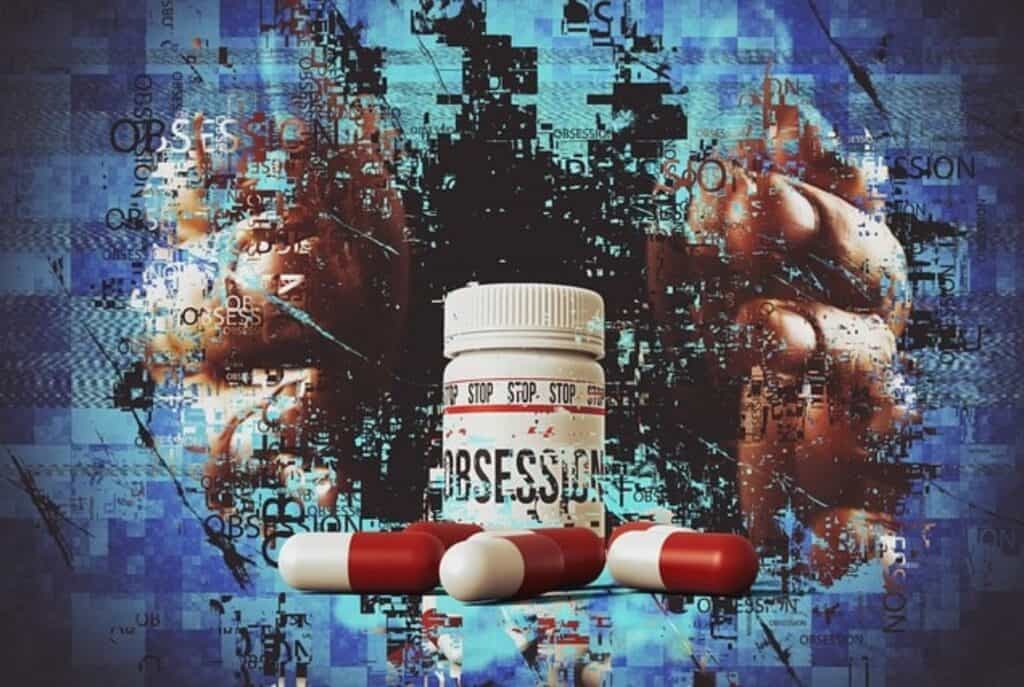Addiction is a complex and challenging journey that affects individuals regardless of gender, age, or background. However, the path of addiction and recovery can be uniquely different for women. Understanding these differences is crucial in providing effective support and care.
The Unique Challenges for Women
Women face distinct challenges in both the development of addiction and their journey towards recovery:
- Biological Factors: Women often experience more intense effects of substances due to differences in body composition and hormones. This can lead to a quicker progression from use to dependence.
- Social and Cultural Pressures: Women may encounter societal stigma regarding substance use, which can affect their willingness to seek help. They often juggle multiple roles – as caregivers, professionals, and homemakers – adding to the stress that may contribute to substance use.
- Mental Health Considerations: Women with addiction often have a higher prevalence of co-occurring mental health disorders, such as depression and anxiety, requiring an integrated approach to treatment.
- Trauma and Abuse: A significant number of women with substance use disorders have histories of physical or sexual abuse. Addressing these traumatic experiences is vital in their recovery process.
Substances and Addictive Behaviors Most Commonly Seen in Women
In the realm of substance use and addictive behaviors, certain patterns tend to be more prevalent among women compared to men. Women are particularly susceptible to alcohol addiction, and the effects of alcohol tend to manifest more quickly and severely in women due to biological differences in body composition and metabolism. Prescription drug abuse, especially of sedatives, anti-anxiety medications, and opioids, is also notably higher in women. This trend is often attributed to the higher rates of prescribed psychoactive medications for women, coupled with a greater propensity to self-medicate for issues like anxiety, depression, and chronic pain. Additionally, women are increasingly engaging in the misuse of stimulants such as methamphetamine and cocaine, with these substances often used for weight control or to manage energy levels amidst busy lifestyles and responsibilities.
Beyond substance abuse, women are also more vulnerable to certain behavioral addictions. These include compulsive behaviors related to food, such as binge eating or bulimia, which are often linked to emotional stressors and societal pressures around body image. Gambling addiction, while traditionally seen as more common in men, has been increasingly recognized in women, particularly with the rise of online gambling platforms. The patterns of addiction in women are influenced by a complex interplay of biological, psychological, and social factors, making it crucial to approach treatment and support with a nuanced understanding of these dynamics.
Effective Treatment Modalities for Women Struggling with Addiction
Recovery is a personal journey, and what works for one individual may not work for another. However, certain approaches and treatment programs have shown effectiveness in supporting women in their recovery:
- Gender-Specific Treatment Programs: These programs focus on the specific needs of women, providing a safe and supportive environment to address issues like motherhood, body image, and past trauma.
- Holistic Approaches: Addressing the whole person – including physical, mental, and emotional health – is particularly beneficial for women. This might include therapy, nutritional support, physical activity, and mindfulness practices.
- Building Support Networks: Connection with others, especially those who understand the unique challenges faced by women in recovery, is incredibly important. Support groups specifically for women can offer a sense of community and understanding.
- Empowerment and Self-Esteem Building: Programs that focus on building self-esteem and empowering women can be particularly effective. This includes helping women develop new skills, pursue education, or find meaningful employment.
- Family-Based Approaches: Since many women are primary caregivers, involving family in the recovery process can be beneficial. This also helps in addressing any family dynamics that may contribute to substance use.
Effective treatment for women with addiction requires a multifaceted approach that not only addresses the substance use itself but also considers the broader context of a woman’s life, including her physical and mental health, social environment, and specific challenges and responsibilities.
Treatment Approaches for Women vs Men
Treatment approaches for women often differ from those used for men, reflecting the unique challenges, experiences, and needs that women face in the context of addiction. Recognizing that women are more likely to have histories of trauma, particularly sexual or physical abuse, many women-centric programs incorporate trauma-informed care, ensuring that treatment is sensitive to these experiences and addresses their profound impact on addiction.
Women also tend to have stronger social and familial connections, so treatment approaches often include family or couples therapy, focusing on improving relationships, communication, and support systems. This is particularly important for mothers, as they may face additional challenges related to childcare and parenting responsibilities. Consequently, some women’s treatment programs offer childcare services or parenting classes, removing significant barriers to seeking and continuing treatment.
Psychologically, women are more likely to suffer from co-occurring mental health disorders such as depression, anxiety, or PTSD. Therefore, dual-diagnosis treatments that address both mental health and substance use disorders simultaneously are more prevalent and necessary in women’s treatment programs. Furthermore, group therapy sessions in women-only programs often focus on issues like self-esteem, body image, and societal pressures, which are more commonly faced by women. These sessions provide a safe space for women to share their experiences and support each other, fostering a sense of community and understanding.
Moreover, the stigma and societal judgment surrounding substance use can be more pronounced for women, especially mothers. Women’s treatment programs often place a greater emphasis on coping strategies to deal with stigma and rebuilding one’s life post-addiction. This includes life skills training, vocational training, and educational support, empowering women to achieve independence and stability.
While the core elements of addiction treatment – such as detox, counseling, and relapse prevention strategies – are similar across genders, women’s treatment programs are tailored to address the specific biological, psychological, and social factors that uniquely affect women. These programs provide a more holistic and supportive approach, considering the broader context of a woman’s life and her specific needs in recovery.
Resources Available for Women Struggling with Addiction
For women struggling with addiction, a variety of resources are available, ranging from hotlines and websites to community programs, each offering different forms of support and information. These resources are designed to cater to the unique challenges women face in their journey towards recovery:
- Gender-Specific Programs at Forrest Behavioral Health: Forrest Behavioral Health is committed to making treatment services accessible and has resources in place to help women navigate the challenges of addiction recovery.
- Substance Abuse and Mental Health Services Administration (SAMHSA): Provides a national helpline (1-800-662-HELP) offering free, confidential treatment referral and information services.
- National Council on Alcoholism and Drug Dependence (NCADD): Offers a helpline (1-800-NCA-CALL) for individuals and families facing substance abuse issues.
- Alcoholics Anonymous (AA) and Narcotics Anonymous (NA): While not exclusively for women, these sites offer resources to find local meetings, some of which may be women-only groups.
Get Help Now
Recovery is not a one-size-fits-all process, especially for women. Understanding and addressing the unique challenges faced by women in addiction recovery is crucial for creating effective support systems and treatment plans. By acknowledging these differences and tailoring recovery efforts, we can provide a pathway for women to not only overcome addiction but also to thrive in their new life of sobriety. For more information on our gender-specific recovery programs, call (781) 570-5781 to speak with a caring and knowledgeable team member.





